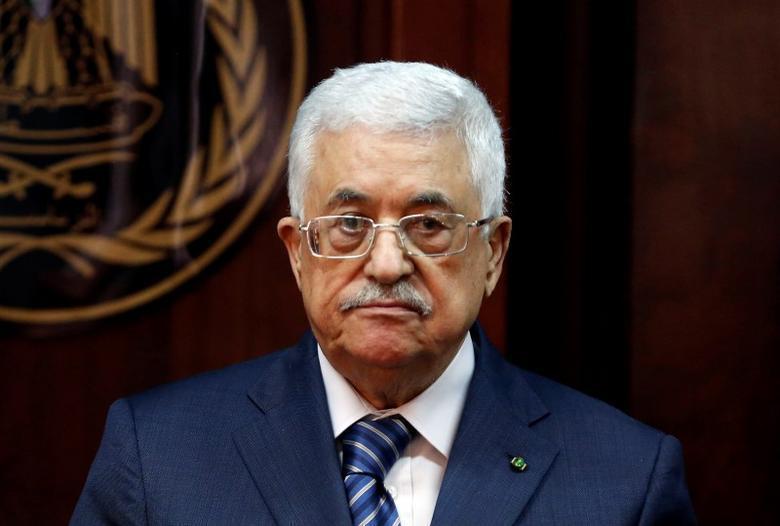
Palestinian President Mahmoud Abbas said on May 19 that the country is terminating all agreements and understandings signed with Israel and the U.S., including on security.
Abbas made the announcement at a Palestinian leadership meeting in Ramallah. The decision came in response to the proposed Israeli annexation of parts of the West Bank.
"The Palestine Liberation Organization and the State of Palestine are absolved, as of today, of all the agreements and understandings with the U.S. and Israeli governments and of all the obligations based on these understandings and
agreements, including the security ones," he said.
Abbas said they hold the U.S. administration responsible for the occupation of the Palestinian people and consider it a key partner in Israel's actions and decisions against the rights of the Palestinian people.
“The Israeli occupation authority, as of today, has to shoulder all responsibilities and obligations in front of the international community as an occupying power over the territory of the occupied state of Palestine, with all its consequences and repercussions based on international law and international
humanitarian law,” he said.
Israel is expected to carry out the annexation on July 1, as agreed between Prime Minister Benjamin Netanyahu and Benny Gantz, the head of the Blue and White party.
Palestinian officials have threatened to abolish bilateral agreements with Israel if it goes ahead with the annexation, which will undermine the two-state solution.
The plan comes as part of U.S. President Donald Trump’s so-called “Deal of the Century” that was announced on Jan. 28, which refers to Jerusalem as “Israel’s undivided capital” and recognizes Israeli sovereignty over large parts
of the West Bank.
The plan calls for the establishment of a Palestinian state in the form of an archipelago connected by bridges and tunnels.
Palestinian officials say that under the U.S. plan, Israel will annex 30%-40% of the West Bank, including all of East Jerusalem.
The plan has drawn widespread criticism from the Arab world and was rejected by the Organization of Islamic Cooperation, which urged "all member states not to engage with this plan or to cooperate with the U.S. administration in implementing it in any form."